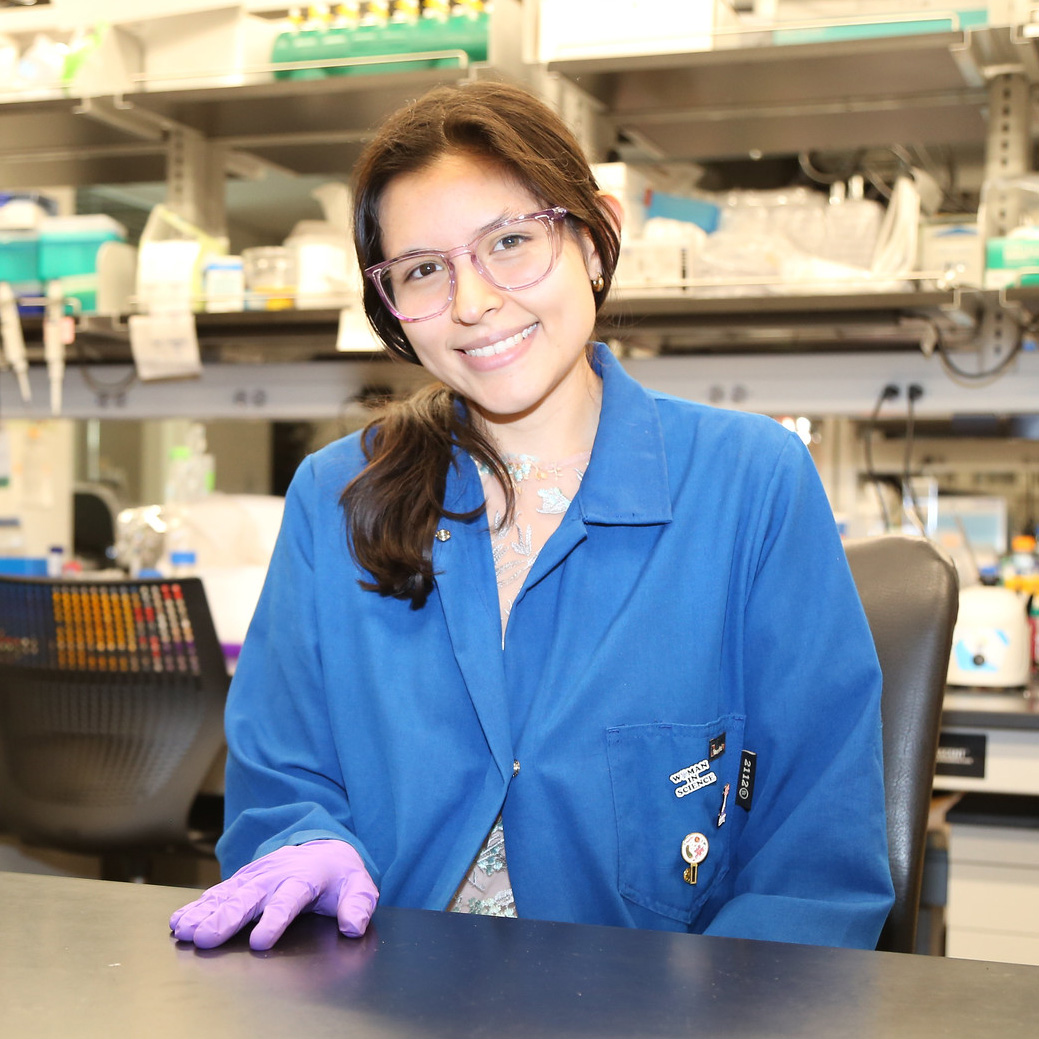 To highlight and celebrate the many contributions of Hispanic and Latinx scientists, the Fred Hutch Cancer Center launched an Atlas of Inspiring Hispanic/ Latinx Scientists on September 15, 2024, the first day of the 2024 Hispanic Heritage Month. Led by Hutch Center Assistant Professor Christina Termini, this public, online resource of more than 380 Hispanic and Latinx scientists serves as a living document to build community and create mentorship opportunities.
To highlight and celebrate the many contributions of Hispanic and Latinx scientists, the Fred Hutch Cancer Center launched an Atlas of Inspiring Hispanic/ Latinx Scientists on September 15, 2024, the first day of the 2024 Hispanic Heritage Month. Led by Hutch Center Assistant Professor Christina Termini, this public, online resource of more than 380 Hispanic and Latinx scientists serves as a living document to build community and create mentorship opportunities.
Brown biomedical engineering Ph.D. candidate Carolina Gomez Casas was one of five key contributors to the project, and spent her evenings in the summer helping to organize the collection of names as they came in, and expanding the database with contact info, short bios, descriptions of research interests, program affiliations and academic backgrounds of the faculty and scientists included.